Ever felt the pinch of the annual TV Licence fee? It’s a fee that’s caused contention for years, especially when failure to pay can result in hefty fines and, in extreme cases, even jail time. What’s worse, it seems this burden has been falling disproportionately on women.
In a bold move to address the burden, particularly on women, the BBC has unveiled a new action plan to help those struggling with the payment.
As part of that plan, those who struggle to pay – or who are not currently paying the TV Licence fee (and should be) – will get more assistance, including payment plans and debt advice (see full details below).
As we previously reported, In 2019 the Ministry of Justice reported that 74% of those convicted of TV licence fee evasion were women. Notably, a third of all women’s convictions that year were linked to this offence.
TV licence fee evasion, which is a criminal offence, accounts for a significant portion of all convictions, with the rate being notably higher for women (30%) compared to men (just 4%).
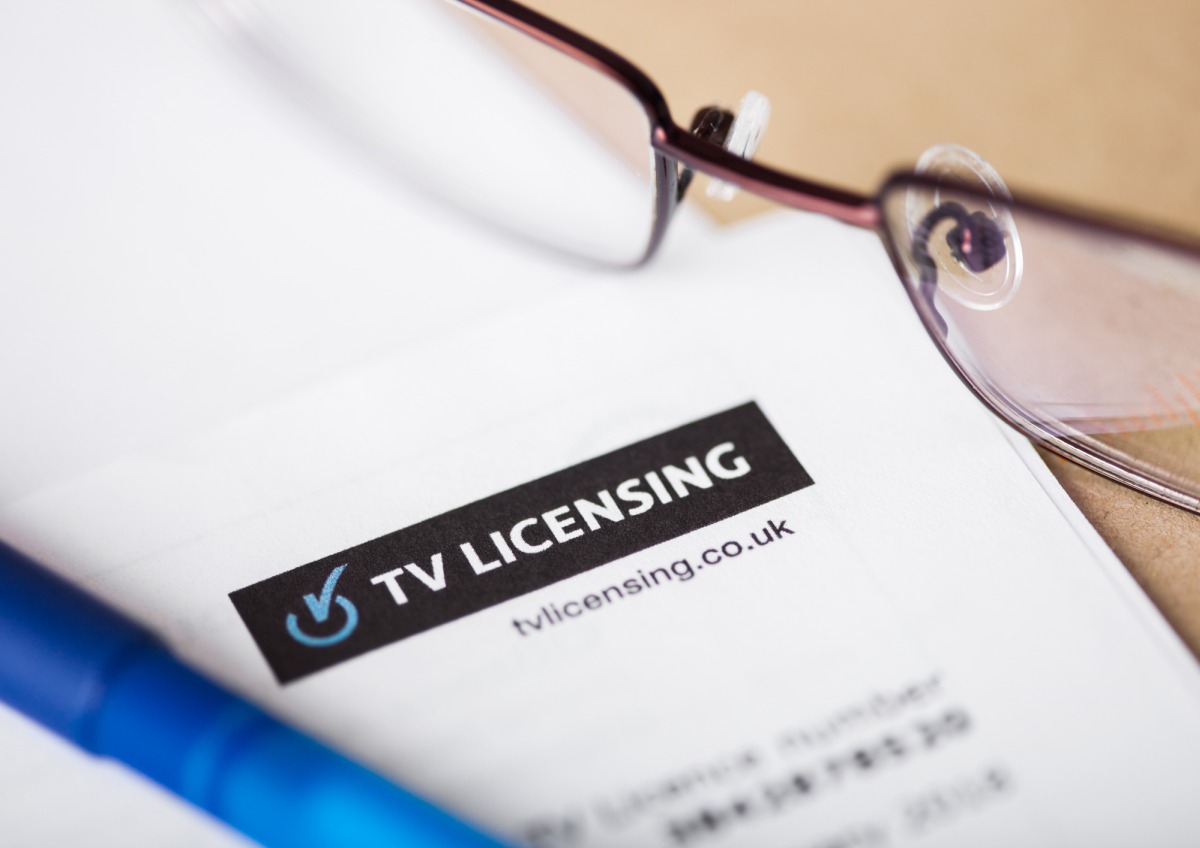
The TV Licence fee, which is used to fund the BBC, currently stands at £159/year. In 2022, the fee was frozen for two years, therefore it is scheduled to go up next year.
Anyone who watches the BBC live, or streams it via BBC iPlayer, has to pay the fee.
In addition, if you watch any live TV from any broadcaster (even an international one) – you also need to pay the fee (See our full guide on whether you need to pay the TV Licence fee or not).
Failure to pay the TV licence fee is a criminal offence. If BBC inspection officers suspect you’re evading the fee (when you should be paying it), you could end up paying a fine of up to £1,000 or, in rare cases, even go to jail (if you end up in court – and then not pay the fee and the fines).
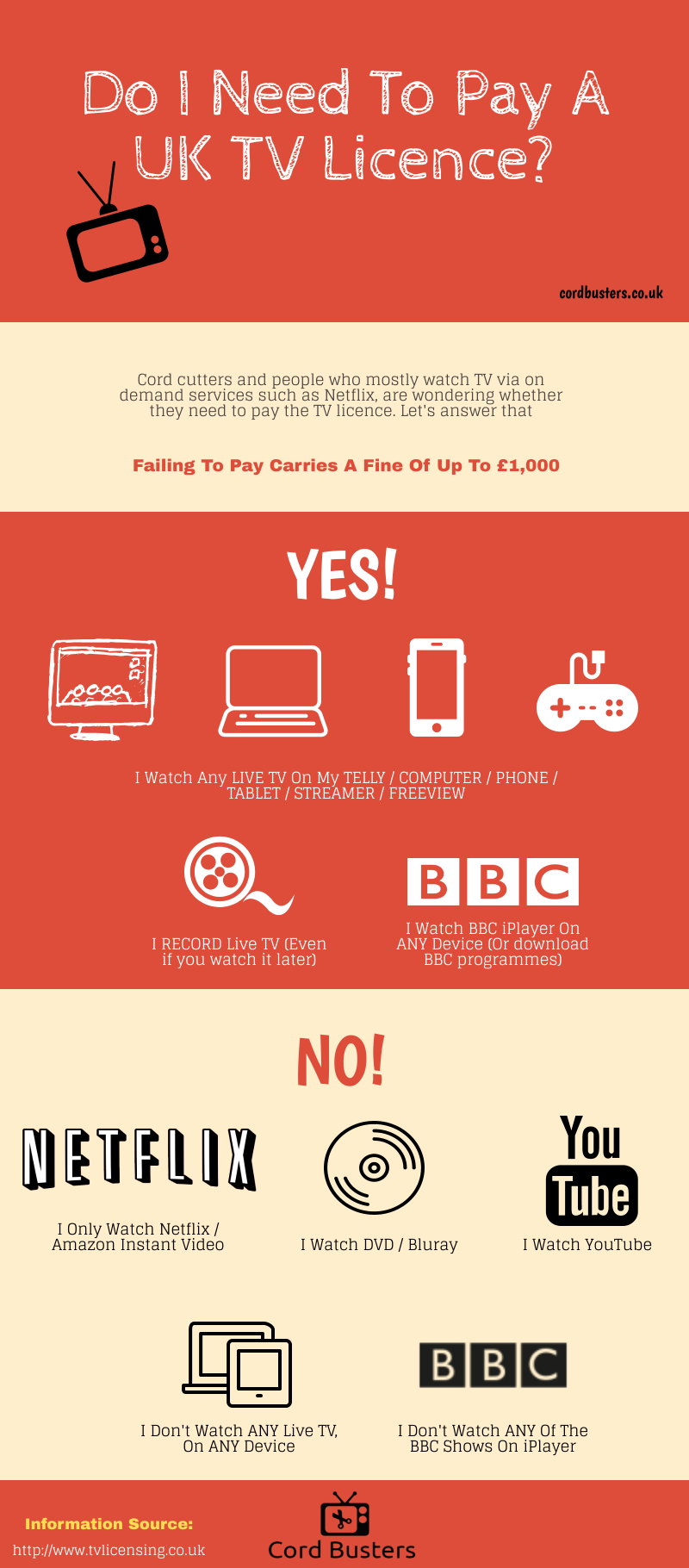
A more recent study by the BBC found, again, that 75% of those taken to court for not paying the TV Licence fee were women.
The BBC’s own review says this isn’t because of any bias from TV Licensing, but more about circumstances: women are more likely to be home when the licence fee inspectors come knocking, and more often than not, they handle the household bills.
To tackle this, the BBC is launching a new action plan. This includes an extended payment plan that breaks down the cost of a new licence into smaller, more manageable monthly payments.
This option will now be open to everyone, making it easier for households to stay on top of their TV Licence fee.
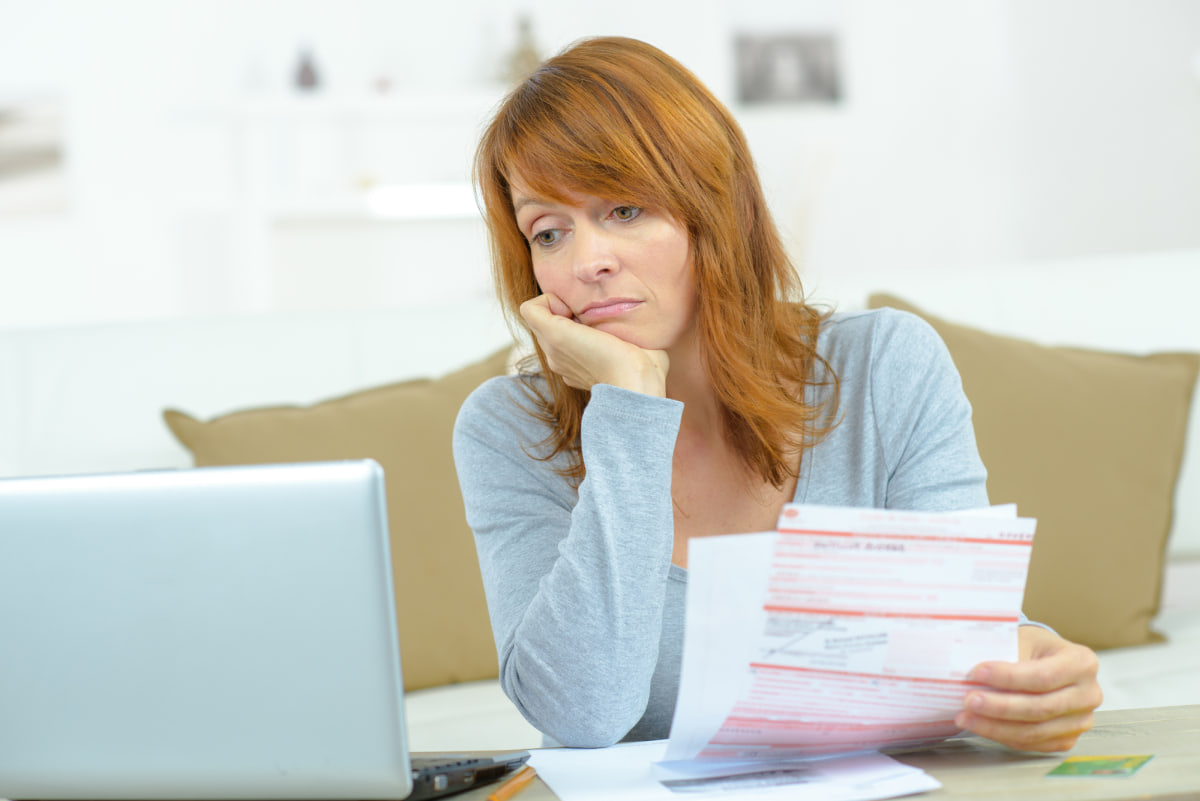
The BBC is also partnering with StepChange, a charity that offers free advice on dealing with debt.
If you’re in a financial pinch and agree to get help from StepChange, TV Licensing will give you a two-month break from chasing your TV Licence fee.
This ‘Breathing Space’ policy is designed to help people get their finances in order.
Furthermore, the BBC will also improve the way people can provide evidence to TV Licensing to show they’re struggling financially. This could mean fewer people, particularly those already in financial hardship, being taken to court for not paying the licence fee.
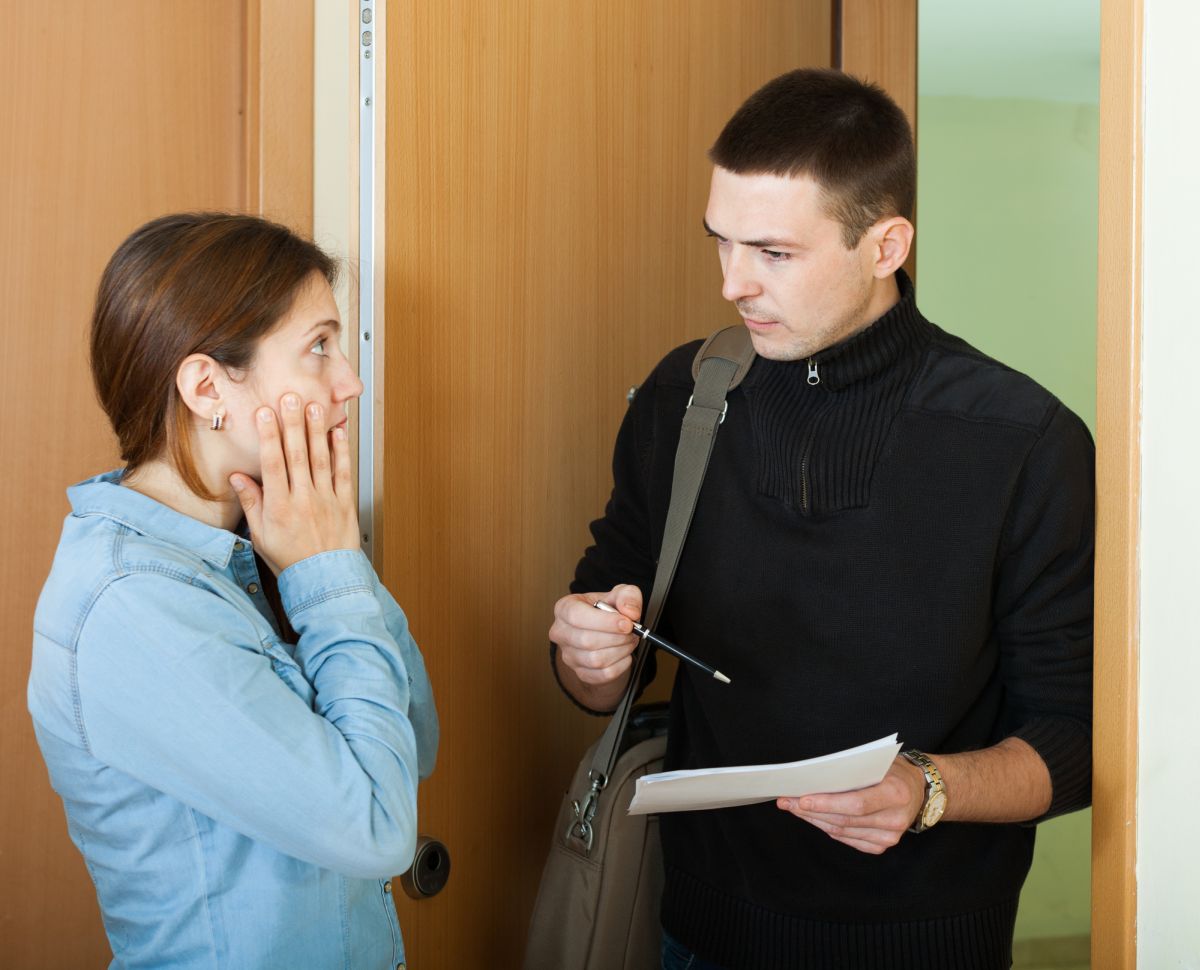
Here’s the full 10-point action plan that TV Licensing will use to help those in financial hardship:
1. Offer the Simple Payment Plan to all unlicensed households. As this requires Government regulations, the BBC will work with the Government to explore how this can be enabled.
2. Provide direct referrals to organisations that provide independent financial support and advice (where agreed with those individuals). TVL will work in partnership with specialist organisations to provide this service, initially piloting with StepChange, an independent debt support charity.
3. Where such a referral has been made, pause enforcement actions for a period of time (initially trialling a period of two months) to give space for people to make use of the support.
4. Increase training for Visiting Officers to ensure they have a deeper understanding of debt and financial hardship. TVL will develop the training, working with expert organisations.
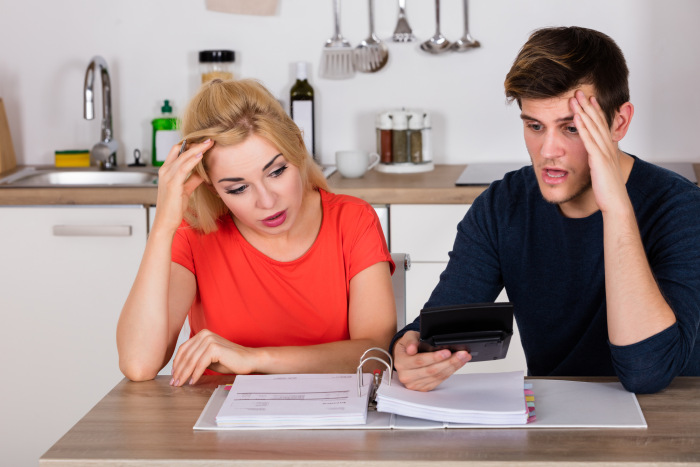
To help people stay licensed and reduce the risk of prosecution TV Licensing will:
5. Give customers every opportunity to buy a licence before any prosecution case is started by testing different approaches for how visiting officers engage on the doorstep.
6. Increase support for those in the prosecution process who – before their case goes to court – are making payments towards a licence, so the prosecution can be withdrawn.
7. Improve the process for customers to provide evidence that may be relevant for TVL to determine whether a case should proceed to prosecution, for example whether there is evidence to suggest it would not be in the public interest to pursue. This will include more opportunities for people to provide evidence about their personal and financial circumstances.
8. Consider how support for repeat evaders could focus on allowing opportunities to pay for a licence to remove the risk of prosecution.
9. Trial new ways of prioritising and allocating visits to assess their impact.
10. Improve communications with customers to ensure greater clarity, including around the prosecution process so people can understand the steps they need to take to pay and reduce the risk of prosecution.

According to the BBC, prosecution is always a last resort and will only proceed if there is adequate evidence to give a realistic prospect of conviction, and is in the public interest.
An offence must be proved beyond a reasonable doubt, and sanctions are at the discretion of the magistrates’ court.
In 2022, around 25 million TV licences were issued – covering around 91% of households that require one. Prosecution remains a last resort when dealing with evasion and only a very small proportion of the population – around 0.18% – is prosecuted, which accounts for less than 2% of all evaders.
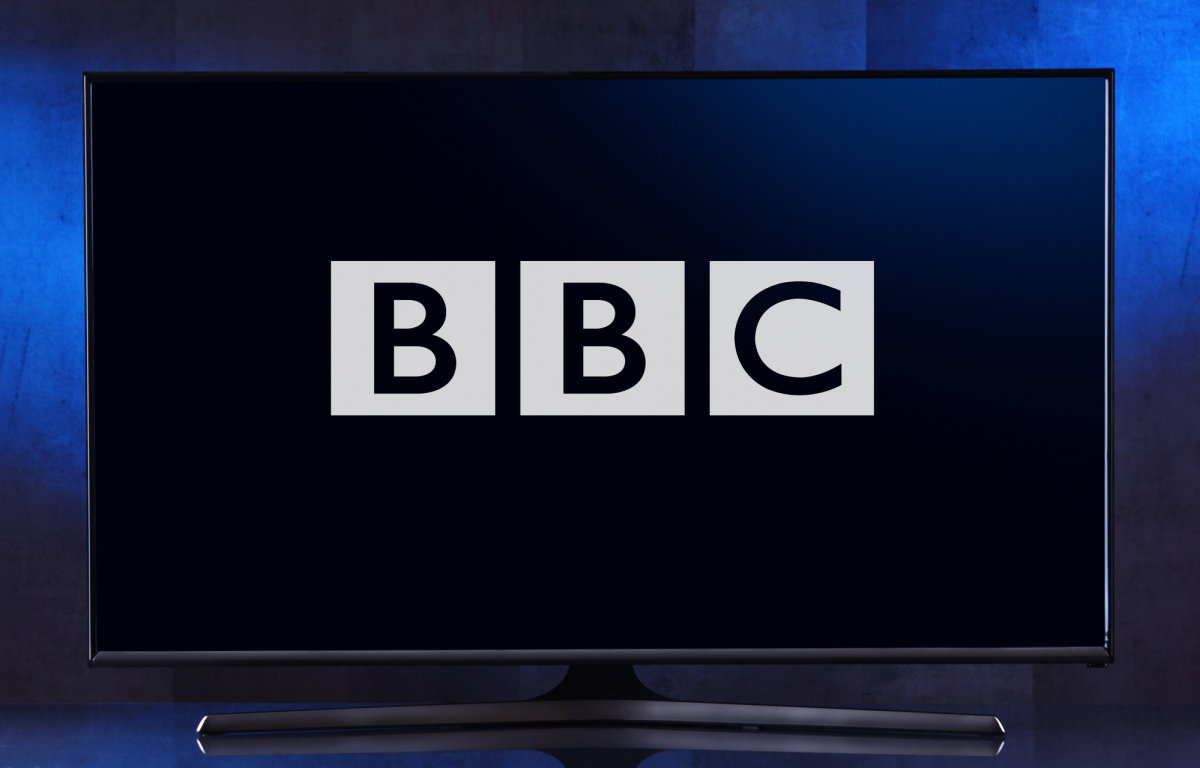
Clare Sumner, BBC Director of Policy, says: “While we know societal factors drive the gender disparity, we’re committed to making improvements to our own processes wherever possible.
“Our action plan will improve support for people in real financial difficulty to help them stay licensed and reduce the risk of prosecution. We look forward to the new partnership with StepChange and we will closely monitor its impact.”
The head of StepChange, Vanessa Northam, has welcomed the partnership, saying it will help TV Licensing customers get the help they need to deal with their money problems.
For more news and updates about TV in the UK, Subscribe to our free newsletter.
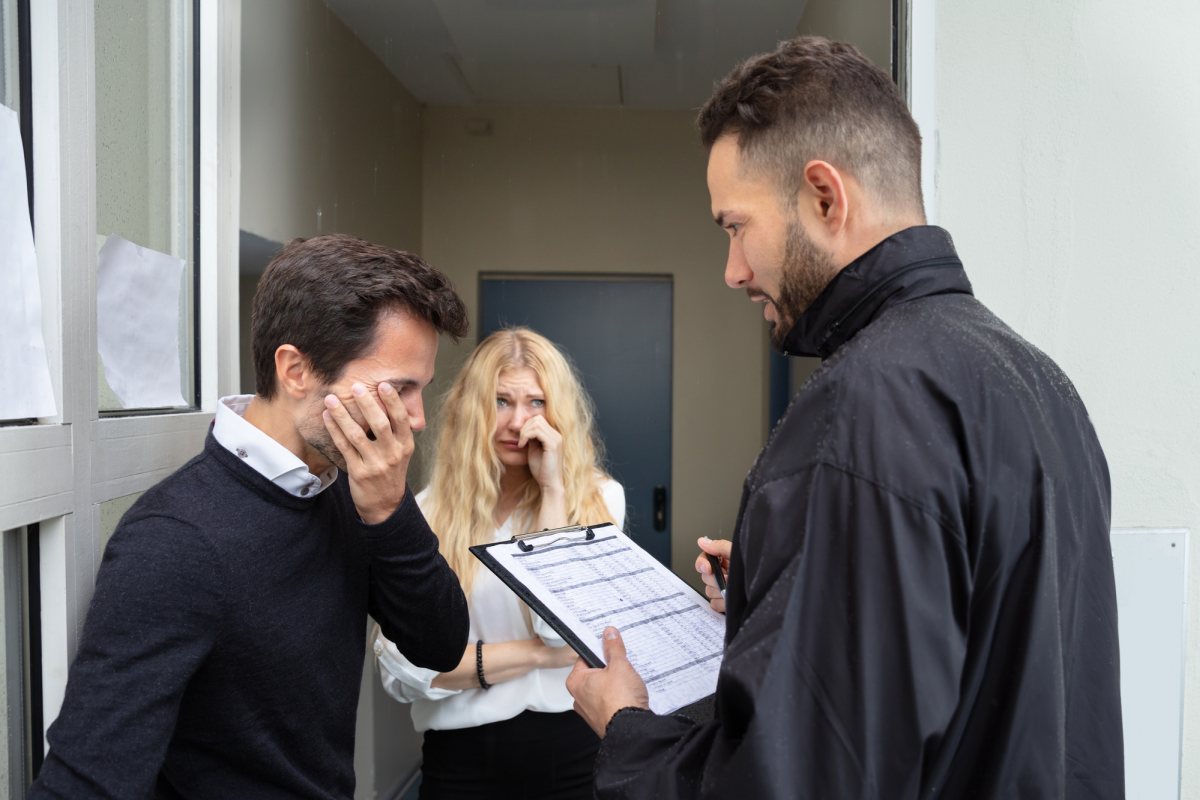
Absolutely hate that I have to pay for the BBC’s left wing bias rubbish, Very rarely watch anything on it, in fact every Saturday when I get my tv guide, I run through it to see what to record in the week, Very rarely will I find anything on the BBC that I’m interested in, I can honestly say that I can go months (no exaggeration) not watching the BBC, the occasional David Attenborough documentary and that’s it, so how is that worth £13 a month, no wonder people are cancelling in droves, the day they decriminalise non payment of it they’ll see how popular they think they are, in this day and age there’s nothing stopping them from making the iPlayer a subscription service, say for £4.99/£5.99 per month, then give people a choice, either pay for the full fat tv licence or opt for the iPlayer service, I wouldn’t mind paying the latter, the head of the BBC was even quoted as saying they’re not interested in viewing figures or making programmes for the over 45’s, and he said that they don’t know how they’ve got away with the system they’ve had for years, needs to go back to the beginning and come into the 21st century,too many managers,too many fingers in different pies, they need to streamline drastically, in fact after this rant, I’m going onto tv licensing to cancel it, sod it.
Don’t see why we have to pay for one.
Personal i think its just another money grabbing scheme.
They TV Licence Officers are not officers they are just common sales people and they use bully boy tactics to scare people. It is totally legal not to have a TV licence as long as you do not watch any live broadcast or watch the tragic BBCiPlayer.The BBC do not need the licence fee as they own numerous private companies and even show adverts on UKTVGold which is also owned by them.BBC Studios is one of their major private companies.
Just ignore their nasty, bullying and threatening letters and don’t answer the door.
Exactly
TV licencing Goons have no powers
If you don’t invite them into your home and you say nothing there’s absolutely nothing they can do
TV licence enforcement and prosecution requires the home owner to admit to the offence, as long as you don’t do that they can’t prosecute
Don’t have a TV license I can live without the BBC and everything I watch is on catchup